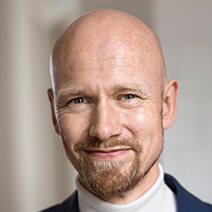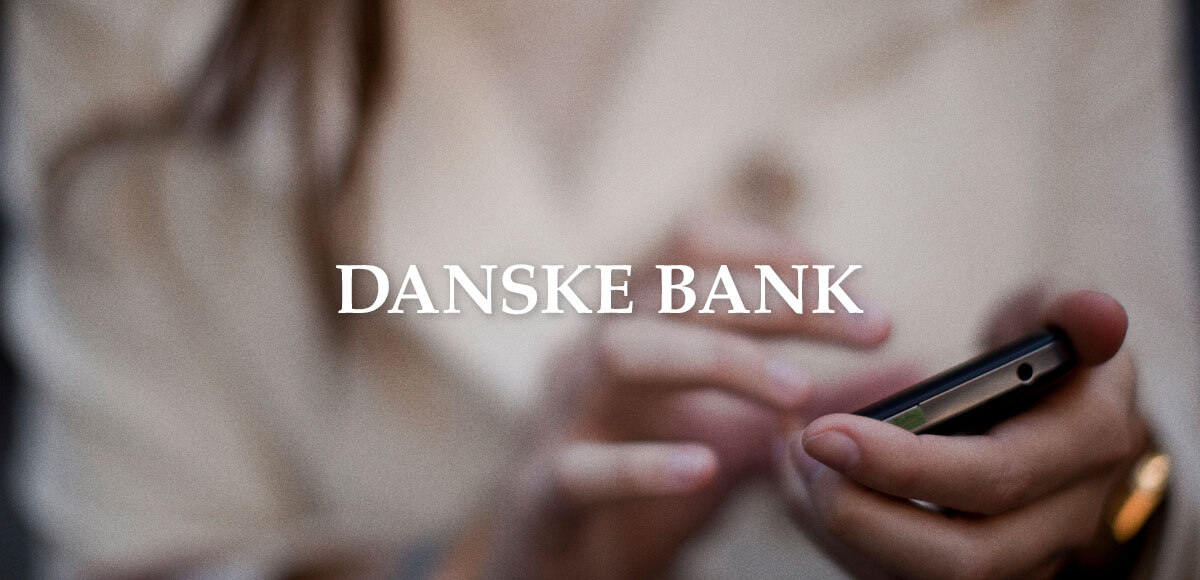Talk about hypos
Millioner af mennesker med diabetes får insulin for at stabilisere deres blodsukker. Men insulinbehandling kan også forårsage en akut tilstand af lavt blodsukker, også kendt som Millions of people with diabetes receive insulin to stabilize their blood sugar. But insulin treatment may cause an acute condition of low blood sugar, also known as hypoglycaemia. Hypoglycaemia can cause neurological damage, asocial behaviour, and – worst case – death.
Being Denmark’s leading pharmaceutical company and producer of insulin, Novo Nordic work to expand the knowledge of the prevalence and effects of hypoglycaemia. The aim is to pave the way for persons suffering from diabetes to be treated in such a manner that fewer cases of hypoglycaemia occur.
Novo Nordic wanted to examine whether the already serious consequences might affect even more people than previously assumed. Might hypoglycaemia affect the relatives, and might Novo Nordic lighten the burden for the afflicted?
We went about it scientifically and did a study of 4,300 family members, respectively from the US, Japan, England, Germany, Italy, France, Canada, Spain, and Denmark. The study was done in collaboration with Dr. Stewart B. Harris, a Canadian professor, general practitioner, and diabetes researcher. The purpose of the study was to examine how relatives were affected by hypoglycaemia, and whether an intensified dialogue might remedy part of the problem.
To properly understand the people behind the numbers, a parallel experiment was run in which the diabetics and their families were interviewed in two separate rooms, divided by a partition. Afterwards, the participants watched each other’s replies to highlight the differences in their perception and understanding of hypoglycaemia and the effect it was having on their lives.
As the partition was removed and the families were reunited, the reactions were overwhelming.
The experiment was filmed and shared on social media.
Udvalgte resultater.
- The films achieved 40,000 shares on social media, and during the two week campaign went viral, being shown more than 30 million times.
- The films had an average playback rate of 38 seconds which is four times the average on Facebook.
- The engagement rate for the films was 1,01%, and in all garnered 90,588 reactions of which 99,8% were positive.
- During the campaign, the number of social media conversations on hypoglycaemia increased by 186%.
- The study was published in the scientific journal Diabetes Therapy.
- The results and the films were introduced to more than 2,000 Doctors of Medicine, on EASD, the world’s largest diabetes congress.
- In the course of a mere two weeks over 200 news stories were written, reaching 185 million online readers in all.
- More than 20 patient organizations across the world wrote of the study and showed the film on their websites and social media.
Do you want to know more?

Contact Rune Hørslev
Phone: +45 31 34 57 69
Mail: rh@mensch.dk




























